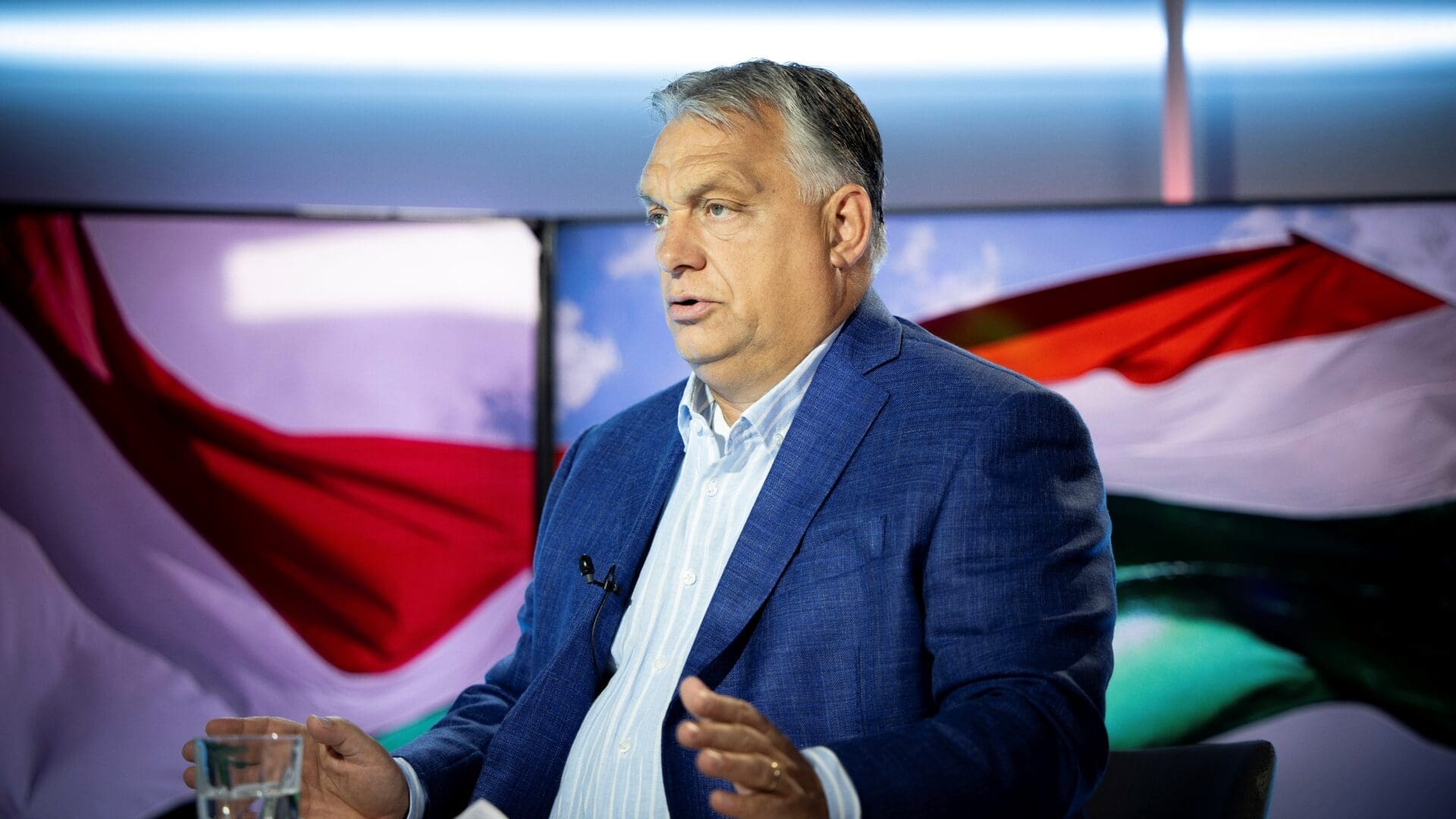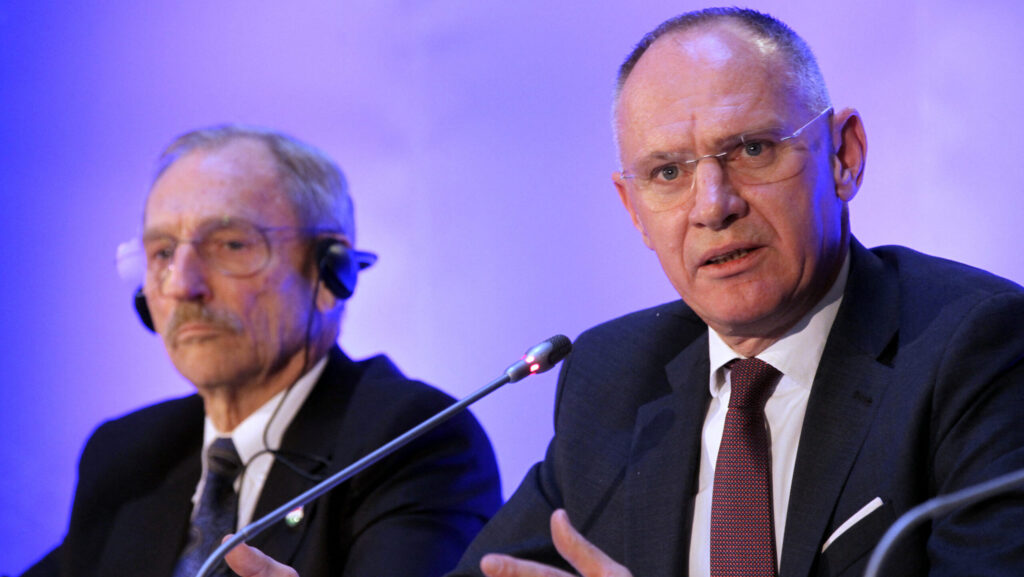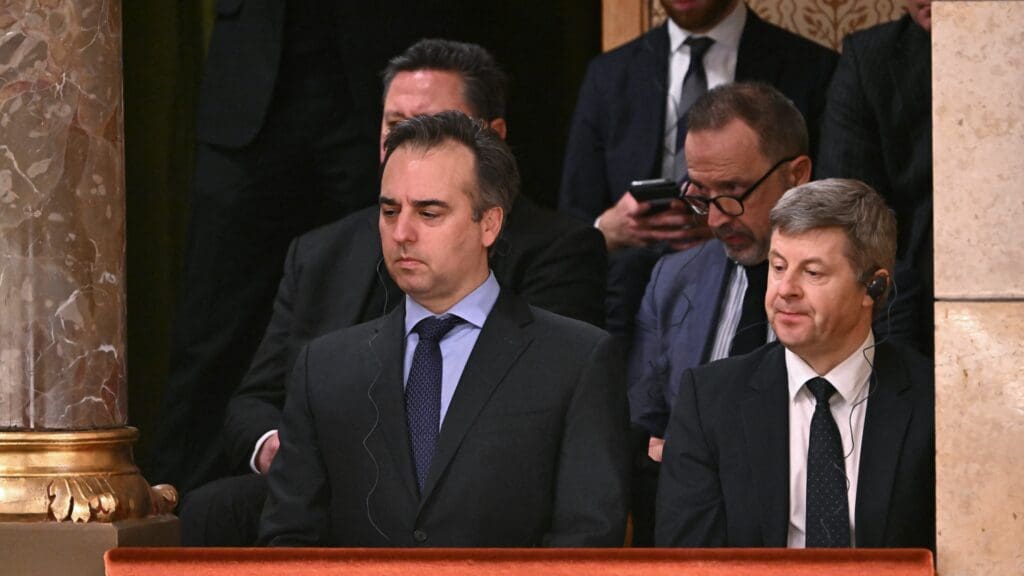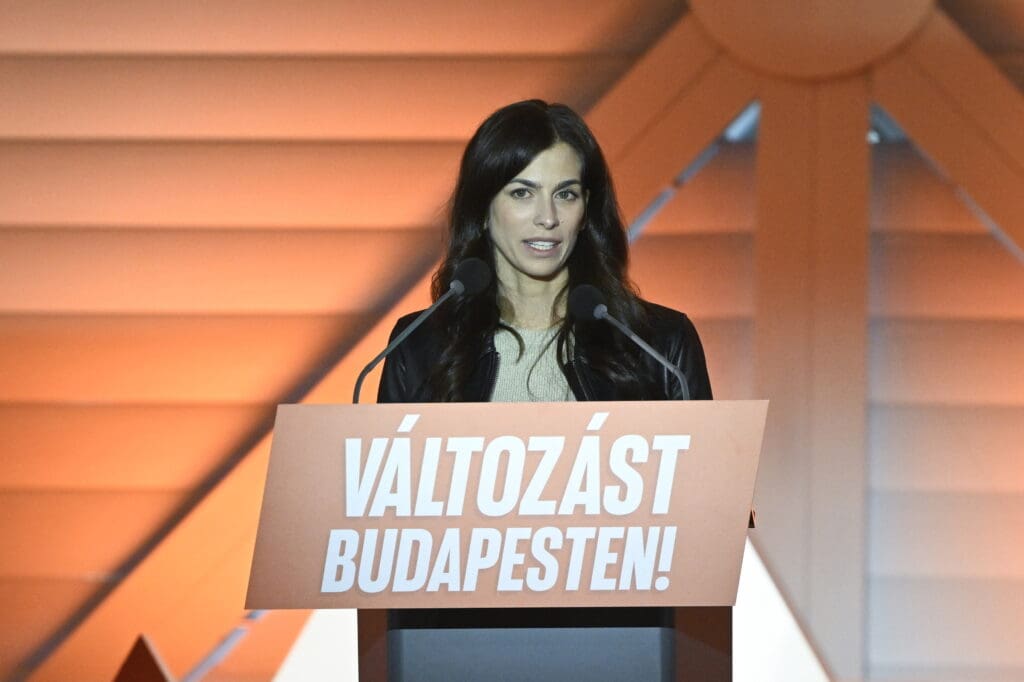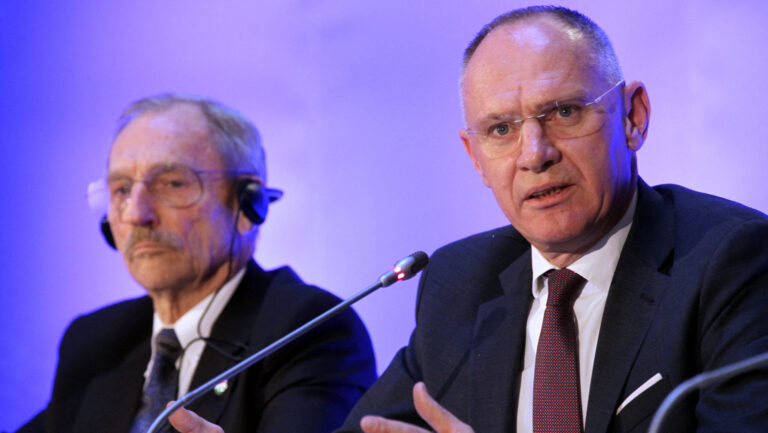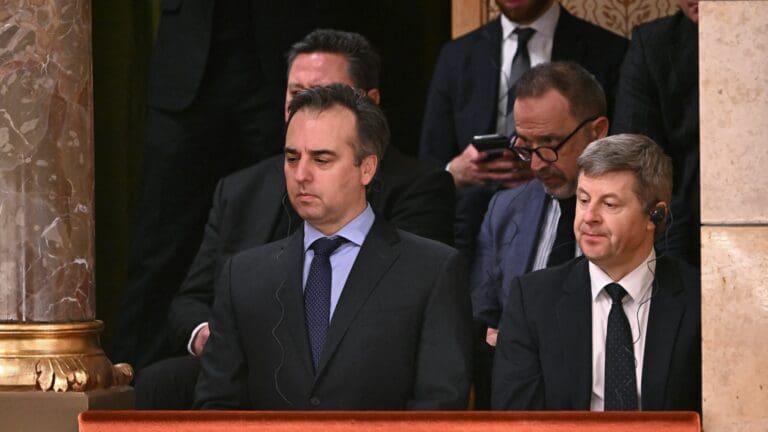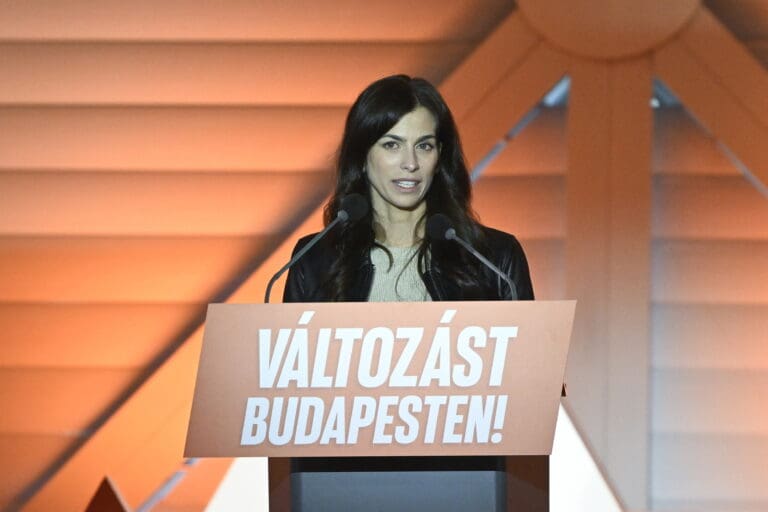Hungarian Prime Minister Viktor Orbán highlighted the pressing challenges posed by the Ukraine war, shifting international power dynamics, and the need for economic restructuring in his regular Friday morning interview on public Kossuth Radio. He underscored the critical nature of the next two months as the world awaits the inauguration of US President-elect Donald Trump, predicting heightened tensions in the Russia-Ukraine conflict.
‘The darkest hours come before dawn,’ remarked Orbán, emphasizing that the Ukraine war is at its most dangerous juncture. With Ukraine as Hungary’s direct neighbour, Orbán cautioned against the rapid consequences such a conflict could impose on Hungary, especially given the Hungarian minority in Transcarpathia. Orbán noted that the departure of the outgoing US Democratic administration might leave behind significant challenges for Trump’s incoming leadership. ‘While peace is within reach, the Democrats seem intent on burdening the new president with a heavy legacy,’ he said.
‘The Democrats seem intent on burdening the new president with a heavy legacy’
Drawing on discussions with Hungary’s Defence Council, Orbán stressed that the continuation of the war hinges on American support. Without it, the European Union lacks the military capacity to sustain Ukraine’s defence, he argued. He warned that Washington’s unprecedented decisions regarding arms supplies to Ukraine could have far-reaching consequences for the war and for European politics.
‘Hungary stands firmly on the side of peace,’ Orbán declared, criticizing what he sees as the diminishing influence of peace-driven policies in global diplomacy. Reflecting on the recent decisions by the International Criminal Court regarding Israeli Prime Minister Benjamin Netanyahu, Orbán condemned the interference as politically motivated and potentially inflammatory. He noted that as a gesture of solidarity, he invited Netanyahu to visit Budapest.
Turning to European politics, Orbán highlighted the role of Patriots for Europe, the third-largest faction in the European Parliament, in advancing bold yet pragmatic positions on migration and sovereignty. ‘Our stance is clear: those we don’t want, we won’t admit, and those who arrived against our will should be sent back,’ he asserted. He also set ambitious goals for the faction, aiming for it to become the largest and most influential by the end of the parliamentary cycle.
Orbán stressed the necessity for a new economic strategy tailored to the post-war era. He proposed a growth-oriented approach that elevates Hungary above the European average, founded on economic neutrality and enhanced cooperation with Eurasian nations, including China, India, and Japan.
‘Europe must build a new Silk Road’
‘Eurasia represents not only Russia but also the Caucasus and broader Asia. Europe must build a new Silk Road, not just in trade and investment but in mindset,’ Orbán stated, emphasizing the geographic and strategic ties between Europe and Asia.
The Prime Minister also lamented the increasing incivility in Hungarian politics, citing recent public insults and instances of verbal aggression. ‘Verbal brutality eventually leads to physical aggression, which we must avoid,’ Orbán warned, calling for a return to respectful political discourse.
Related articles:

